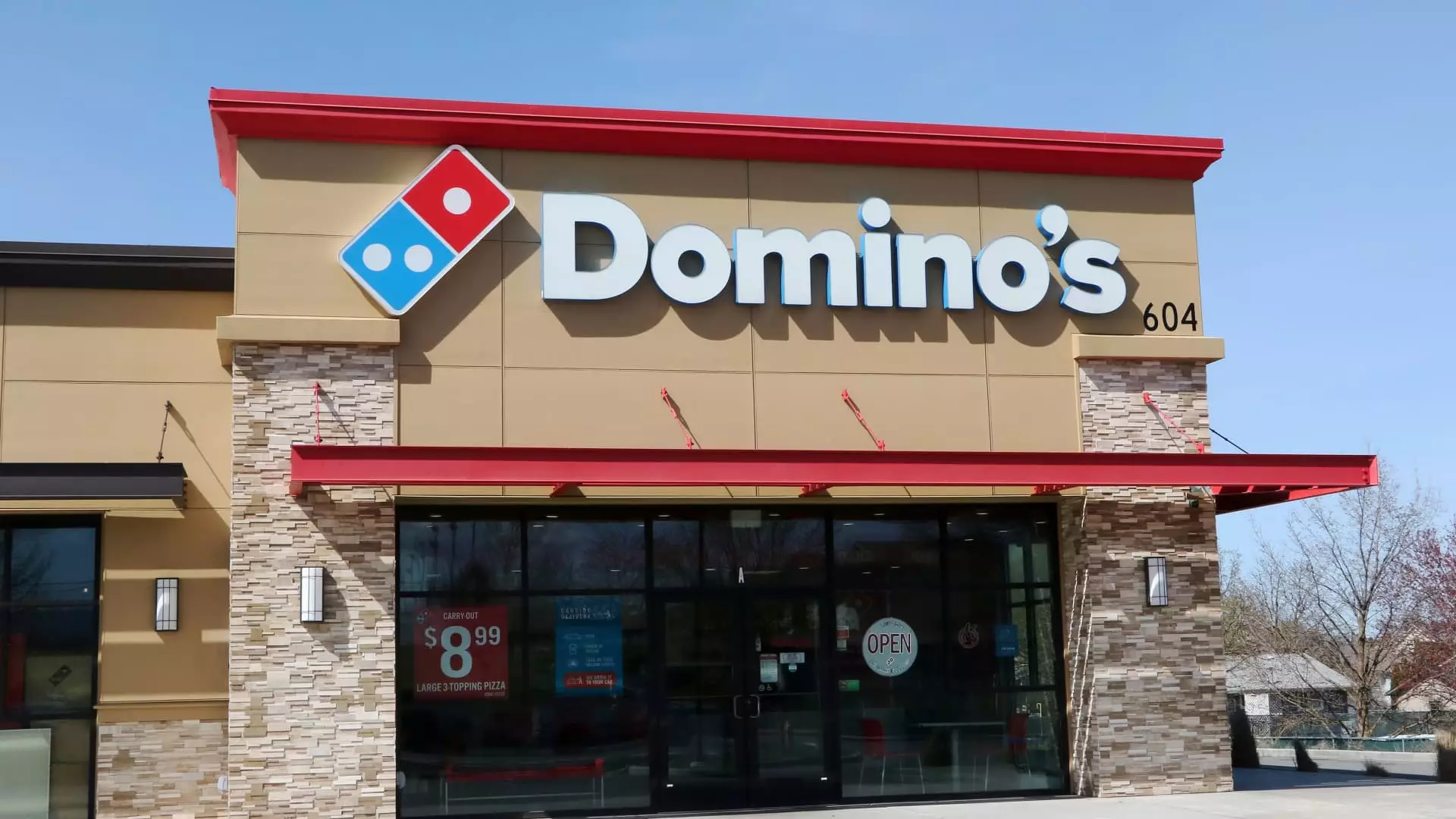Domino’s recent declaration of victory amid a challenging economic landscape reflects a high level of confidence, yet masks underlying vulnerabilities. While CEO Russell Weiner portrays the company’s performance as a triumph, the growth figures—an incremental 3.4% in U.S. same-store sales—are modest at best, especially when set against the broader industry shifts. The pizza giant’s leadership seems to cling to the narrative that its strategic focus on value and innovative offerings can weather economic storms, but this optimism might be overly optimistic, bordering on hubris. It’s easy to tout market share gains in a press release, but the real test lies in maintaining profitability and sustainable growth when consumer discretionary income continues to dwindle.
The Misguided Optimism About Value-Based Strategies
Weiner’s emphasis on the “Best Deal Ever” promotion and the notion that Domino’s can “lean into value” might be appealing in the short term, but these tactics overlook deeper, systemic issues. Promoting deals during economic downturns is a familiar strategy—when people are pinched, they look for cheaper options, and fast-food chains capitalize on this impulse. However, such a reliance on discounted offerings risks commodifying the brand and eroding profit margins over time. Furthermore, the assertion that Domino’s has grown sales across all income levels, including low-income brackets, may be an oversimplification. While appealing on a corporate earnings call, it neglects the reality that consumers are increasingly cautious about discretionary spending beyond the immediate financial pressures.
The Internal Contradictions and External Challenges
Despite boasting about its successful launch of new menu items like stuffed crust pizza, Domino’s faces inherent challenges that threaten its long-term viability. Price sensitivity remains a concern; if delivery prices are perceived as too high, consumers will simply revert to cooking at home instead of ordering out. This “at-home eating occasion” is a formidable competitor, especially as inflation and stagnant wages constrain consumer budgets. The broader industry context — with rivals such as Chili’s posting double-digit growth by offering full-service dining as a perceived value proposition — indicates that Domino’s approach may be too narrowly focused on aggressive discounts rather than holistic value.
The company’s recent earnings report, which fell short of Wall Street expectations primarily due to a $27.4 million charge from its China operations, signals that Domino’s is not immune to external headwinds. Critically, the investor response—a more than 2% decline in stock—underscores skepticism about the sustainability of its current growth trajectory. If Domino’s hopes to thrive amidst this climate, it must innovate beyond mere discounts and accept that consumer priorities are shifting; people no longer tolerate superficial “deals” but seek genuine value that aligns with their evolving lifestyles and economic realities.
Is Domino’s Underestimating the Power of Consumer Choice?
The most troubling aspect of Domino’s strategy is its apparent underestimation of consumer agency. Instead of adapting to a landscape where people are increasingly mindful of how they spend every dollar, the company appears to operate under the assumption that they can buy loyalty with promotions alone. This shortsighted view risks alienating those who are willing to spend but only on brands that offer authentic value, quality, and social relevance.
As we progress deeper into an era marked by economic uncertainty, businesses that cling solely to aggressive marketing tactics without addressing the root causes of consumer hesitation may find themselves vulnerable. Domino’s might be experiencing a temporary uptick, but without a sustainable value proposition and genuine innovation, it faces the peril of fading into the background as consumers become more selective and discerning.
The current landscape demands more—not less—than bottomless deals and marketing ploys. It calls for a reevaluation of what it means to provide value, integrating quality, experience, and social responsibility into the core business model. Whether Domino’s recognizes this shift will determine if it remains a relevant player or simply a transient beneficiary of short-term tactics.

